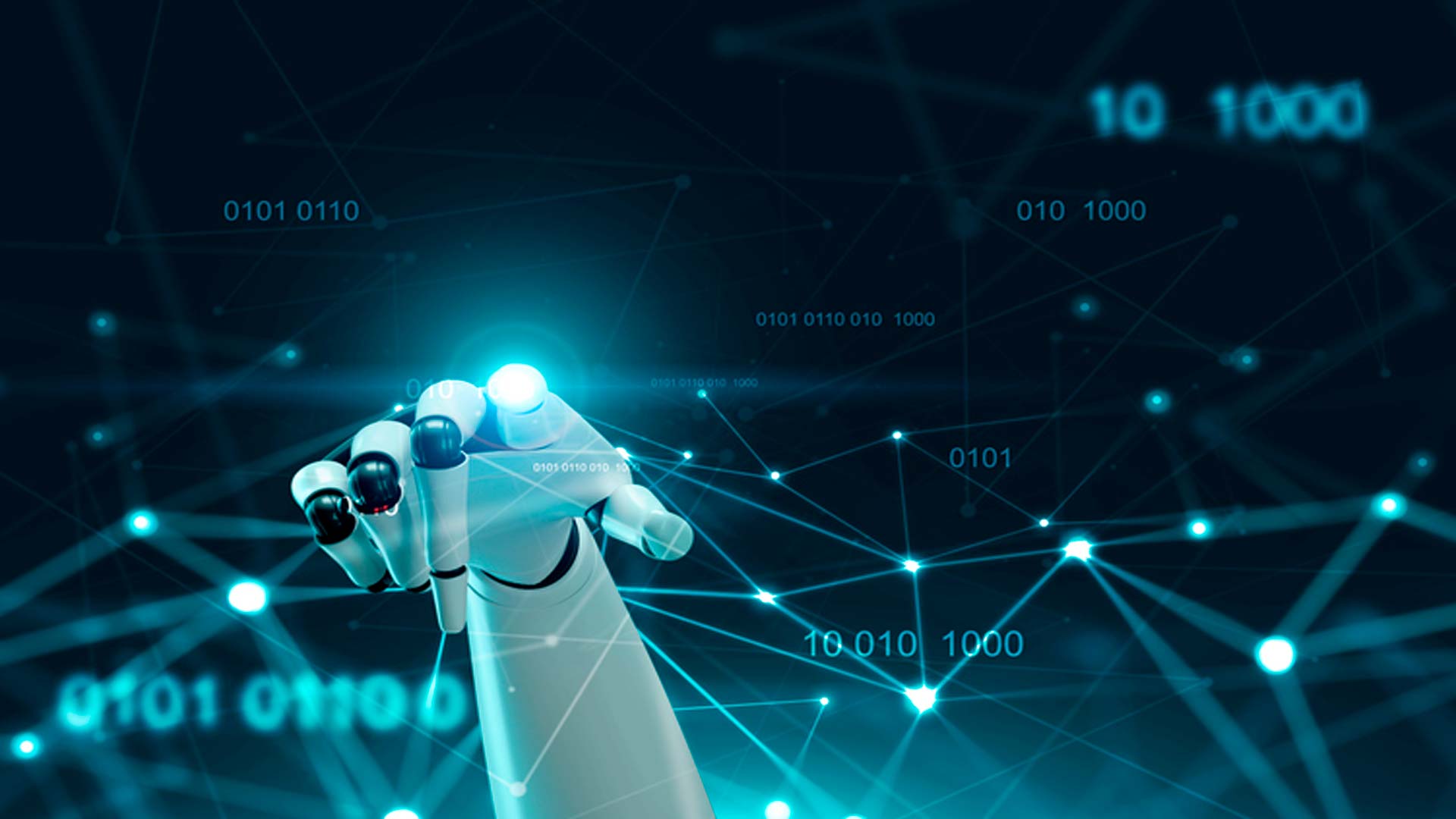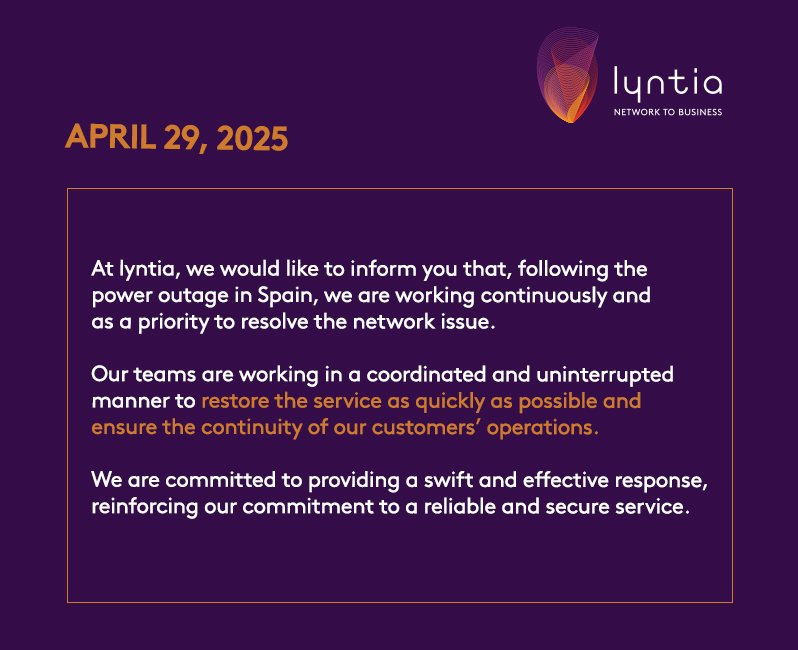
05 Apr ChatGPT and artificial intelligence to improve performance: does it work?
Over the last few months, artificial intelligence and, among other things, the ChatGPT language model – created and developed by OpenAI – have sparked countless debates and plenty of curiosity. On the one hand, because it undeniably represents an unprecedented revolution in the world of technology and, on the other, because it also represents a paradigm shift in lots of other sectors, with the potential to have a transformative impact on the jobs market and the corporate world. Of course, the technology is not without its critics, who raise a number of potential dangers related to its use and other obstacles. But could we be more efficient thanks to AI? Will tools like ChatGPT help companies?
Benefits of using artificial intelligence in business
For the general public, use of AI tools like ChatGPT remains, at least for the moment, a mostly playful and entertaining resource. In most cases, users turn to artificial intelligence to create simple content or else search for information in a way that’s different to the widely used search engines like Google, for example. However, companies are starting to use the application to improve how they work. Initial experiences in this regard show that AI can help:
- Improve employee productivity
- Increase the effectiveness of information analysis
- Contribute to improving the user experience
- Offer alternatives in customer service strategies
- Reduce repetitive tasks with little impact on process efficiency
- Reduce costs
As well as the above, one of the main applications of artificial intelligence for companies at the moment is creating all different types of content, both textual, through applications like ChatGPT, and graphical, as well as other forms of content, like those generated by apps such as Dall-E, for example. As a result of all this, a great deal of public debate is starting to address the risks of job losses, the collision of artist vs creator copyright, the role of AI in the growth of disinformation, etc.
Considerations before artificial intelligence can really help businesses
All of this debate is legitimate, healthy and can raise valuable points of view. However, AI – of which ChatGPT is an example, but needs to be seen in a broader perspective – could prove to be an invaluable asset to businesses if its strengths are understood beyond specific applications. The main benefit of artificial intelligence is the vast amount of information and data it uses both to develop its behaviour models and improve on itself.
Starting on this basis, other parts of companies could be strengthened over time, such as communications, improving teamwork and rapidly exchanging information during project development. It could also help analyse complex problems, clarify potential solutions and offer data‑based alternative courses of action. Generally speaking, decision-making and efficiency could find a powerful ally in artificial intelligence when it comes to corporate processes, as long as there’s a clear strategy in place and tools like ChatGPT are used for clearly established purposes.
Using AI to start chats and interactions outside this dynamic, or without a defined purpose, not only doesn’t help companies, but could also lead to confusion and would represent an obstacle to processes actually designed to make companies more efficient, quicker to react and offering more added value.


